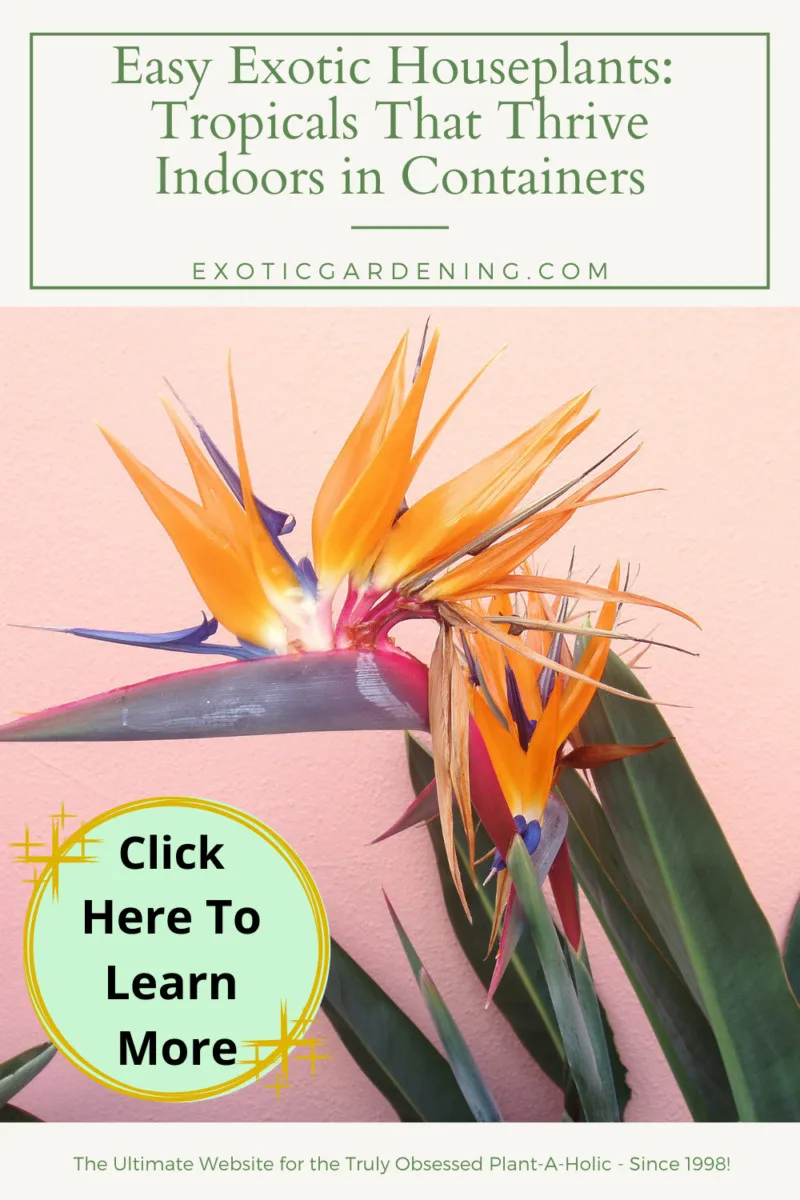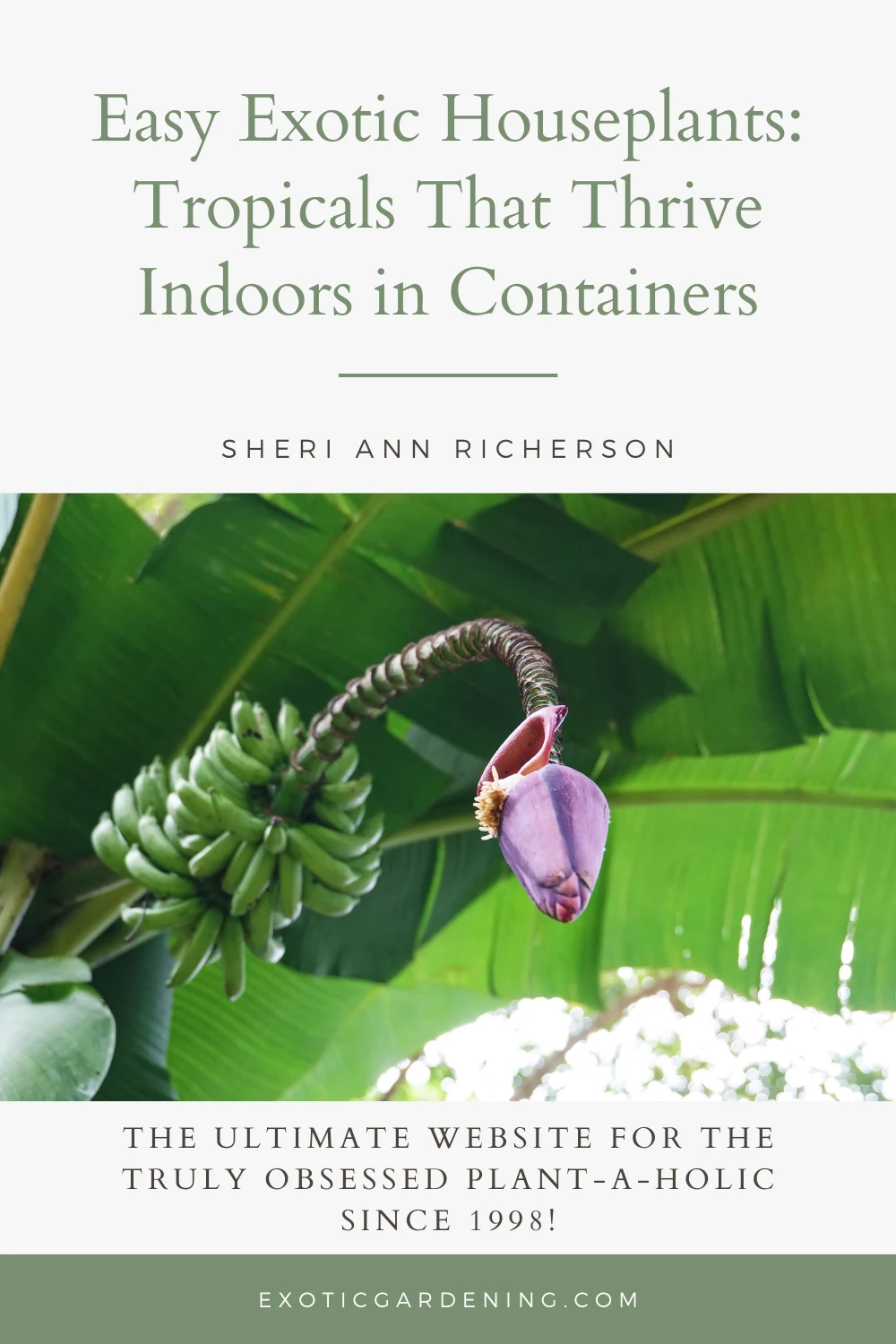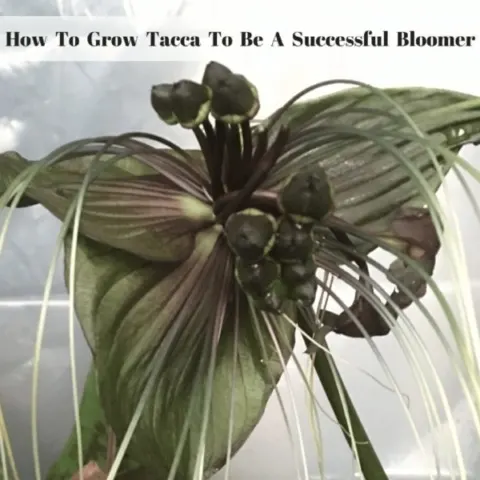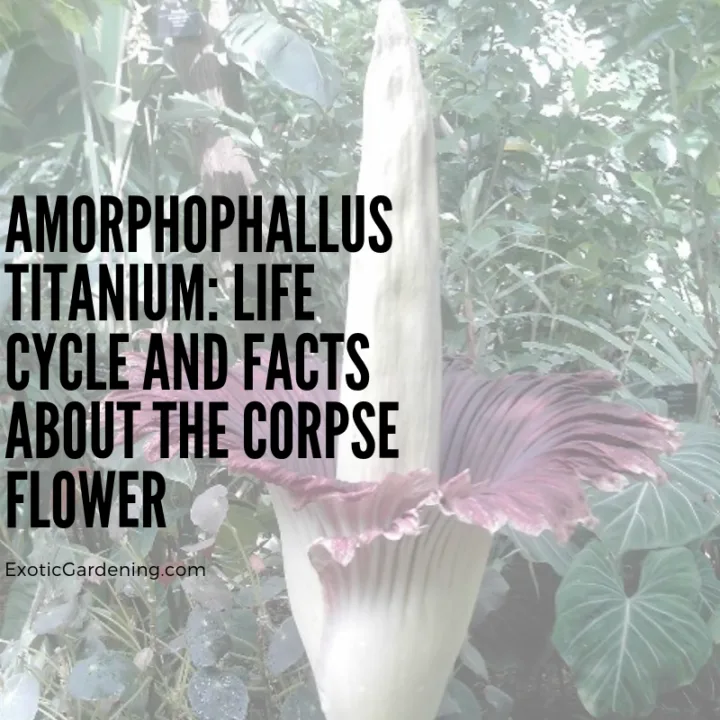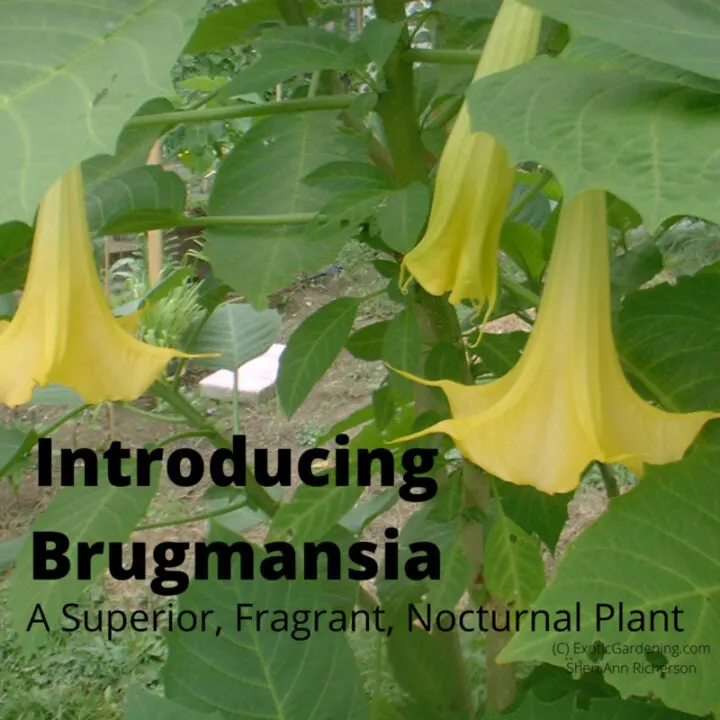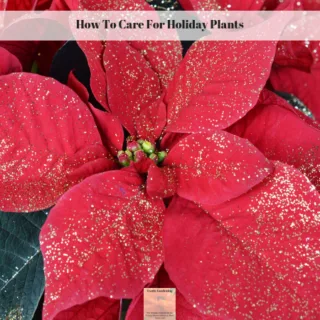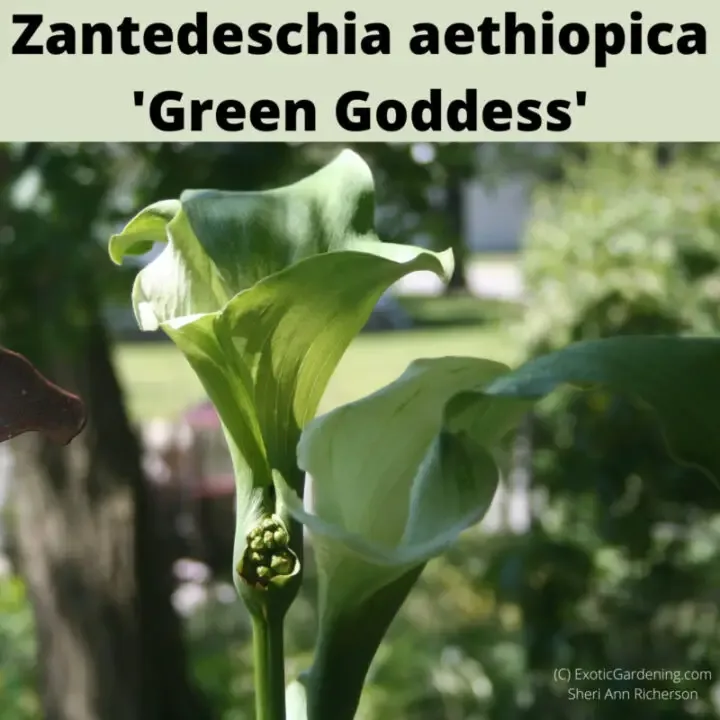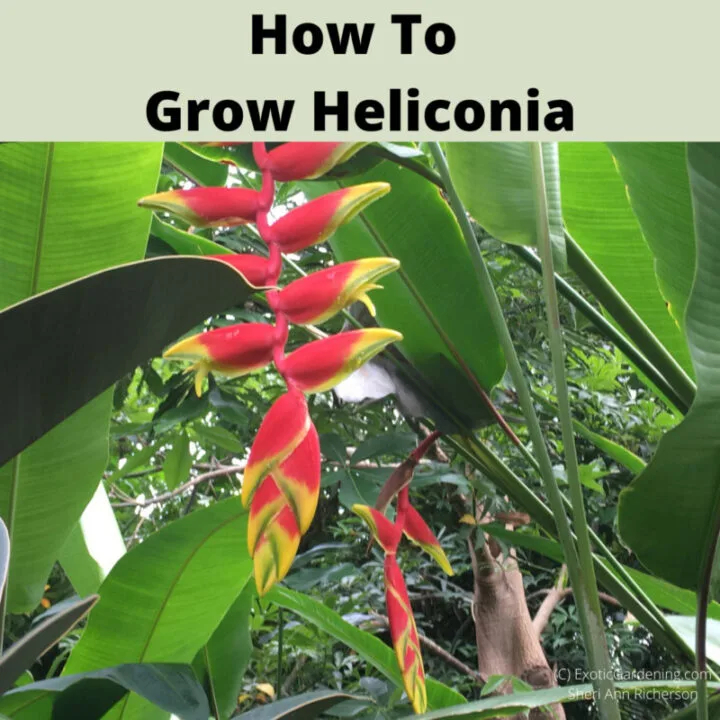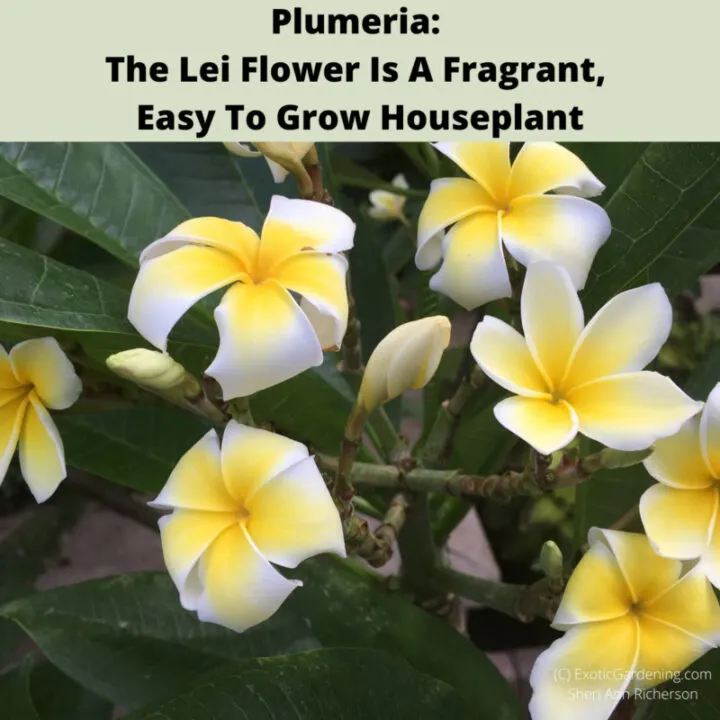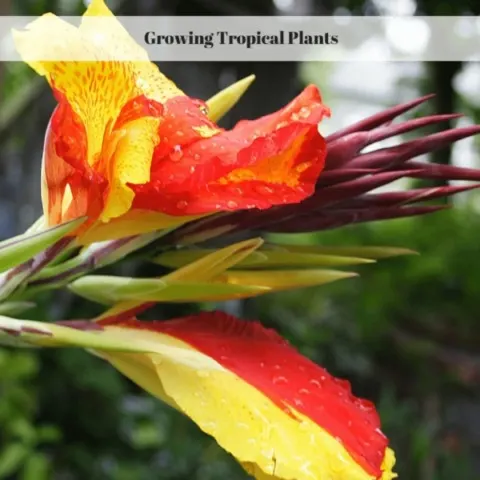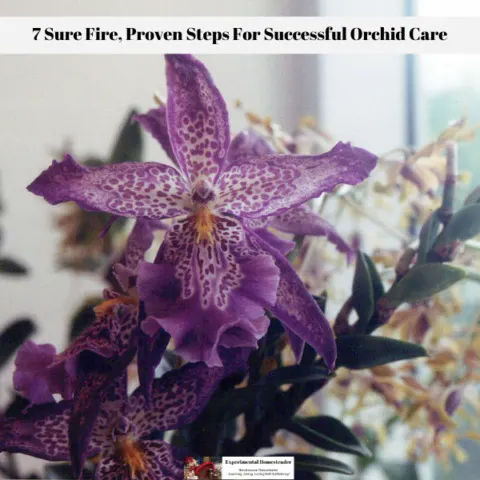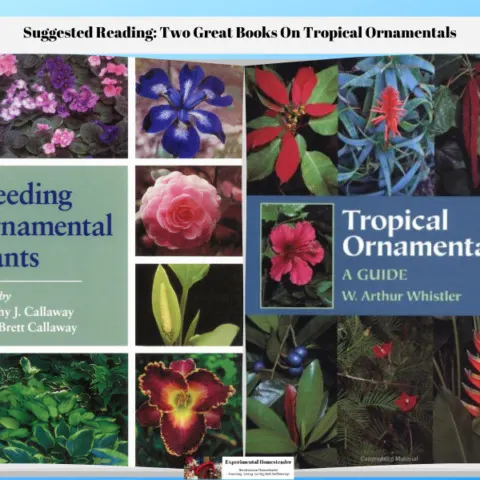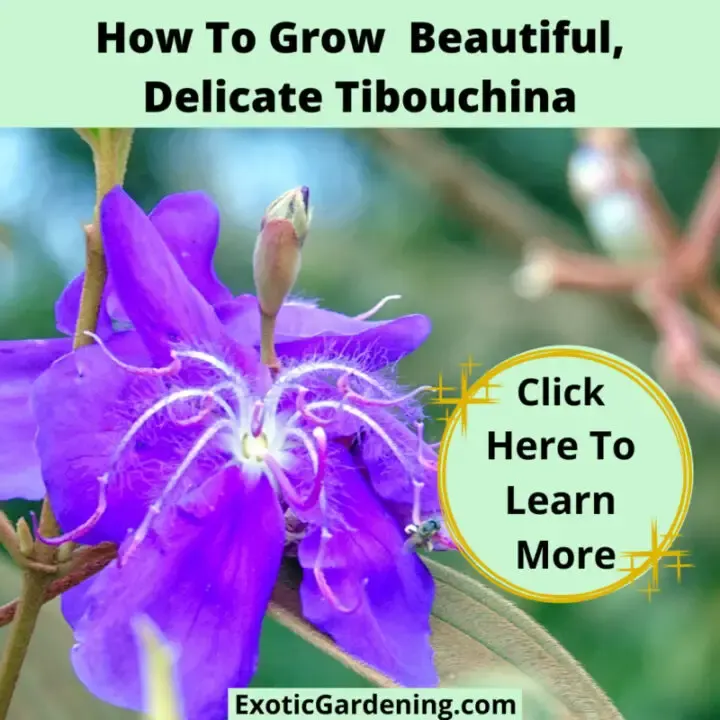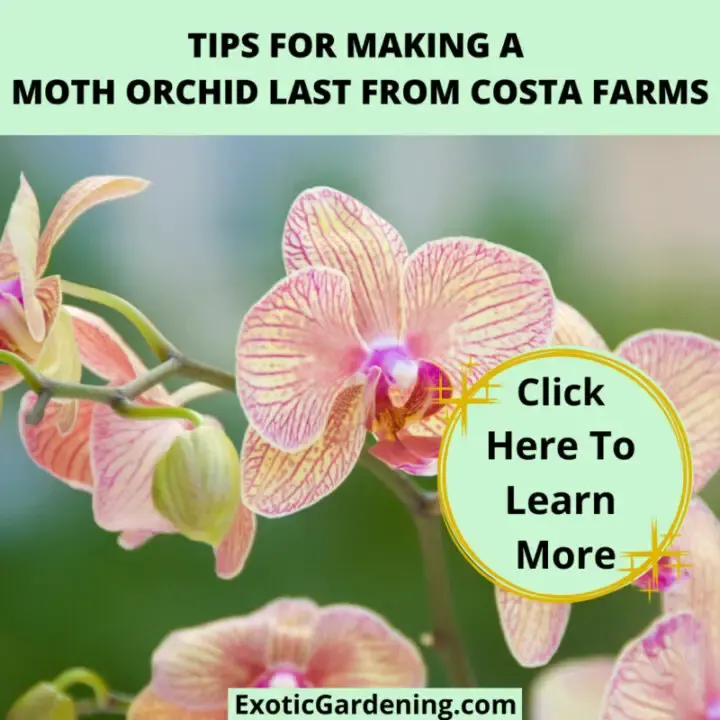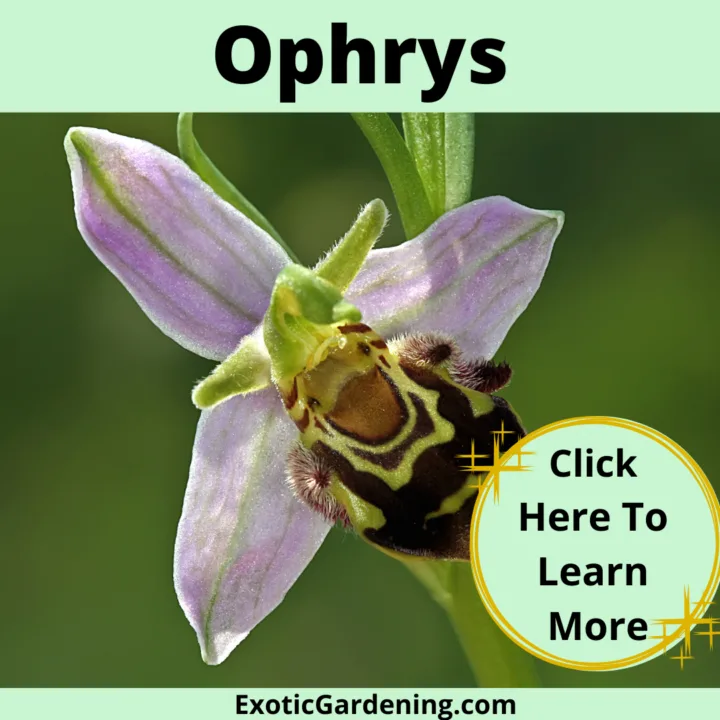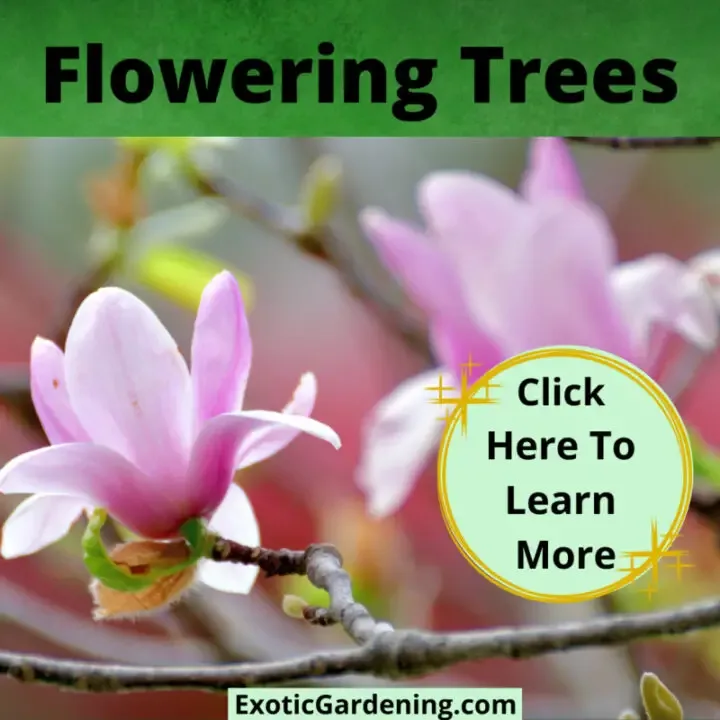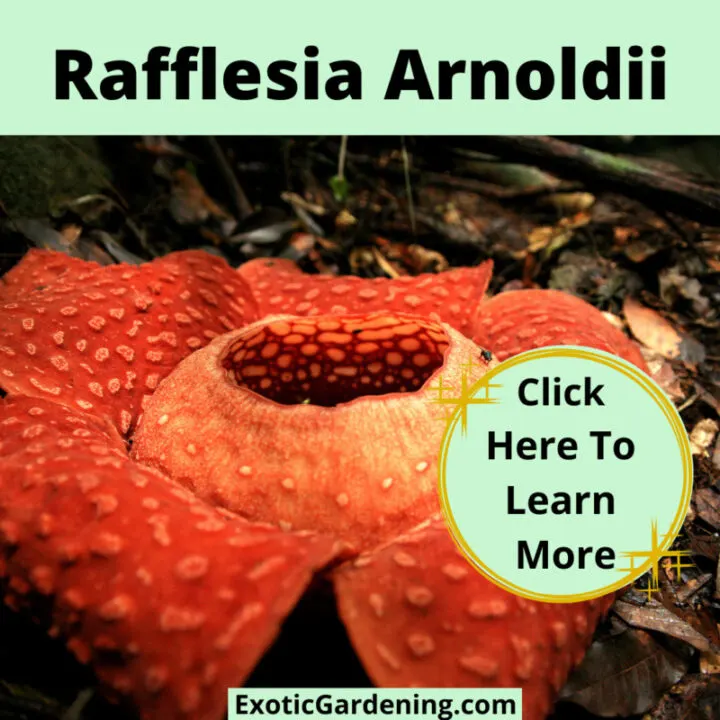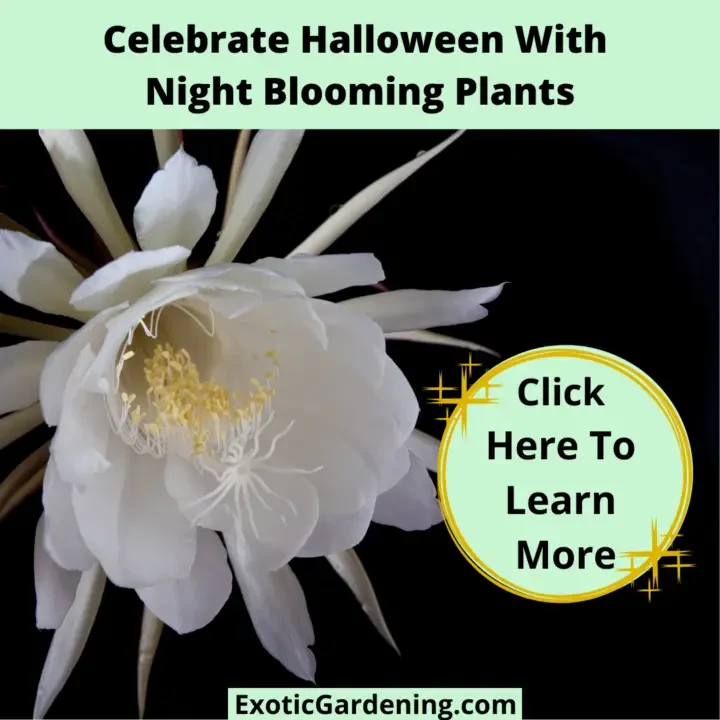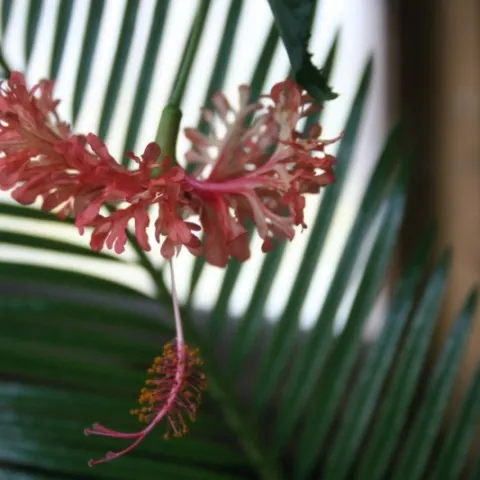So, you’ve been looking for a reason to get your hands on some exotic houseplants, but what if I tell you that they don't just clean the air?
What's more is these plants are not only easy-to-grow but they do extremely well indoors.
Here are two suggestions of exotic tropical plants that are perfect in any home or office setting!
One Exotic Houseplant That Produces Fruit Is The Banana
The first exotic houseplant I suggest is the Banana, which is part of the Musa genus.
Available in both large and dwarf varieties, Bananas require lots of water and light to thrive, but this can be accomplished indoors.
Brown leaves are usually an indication that the plant is lacking in one of these requirements.
Allow dying leaves to fall off naturally instead of cutting them off.
When growing this plant indoors, provide frequent misting or keep a humidifier close to the plant.
A natural method for humidity is to cluster plants together.
Small pebbles covered in water and placed in the bottom of a saucer under the plant also increases humidity.
Bananas prefer bright light, so supplement traditional indoor lighting with grow lights preferably aimed directly at the banana.
Another option is to place your plant in or near a window.
Yes, You Can Get Fruit From Container Grown Bananas
Most Bananas require two years of being in the exact spot, grown under the exact same conditions before they begin to flower, so be aware that getting the plant to produce bananas will take some patience.
Frequent fertilization is recommended.
Increase the amount of fertilizer during the summer months.
The fertilizer should be high in nitrogen.
Here Is How To Propagate Bananas
Propagation of bananas can be done either by dividing the pups which is the easiest way or by sowing fresh seeds.
Fresh seeds can take up to nine months to germinate.
Bananas are very exotic looking and even if you don’t get yours to fruit, the leaves can be used in many culinary creations.
The Bird-Of-Paradise Is An Exotic Houseplant That Flowers
A second, easy to grow tropical plant is the Strelitzia or Bird of Paradise.
Hailing from South Africa, Strelitzia is cultivated worldwide.
The most common, Strelitzia Reginae, is a rapid grower that reaches four feet high and spreads in clumps.
The Strelitzia Nicolai, commonly called the “White Bird Of Paradise,” can grow up to fifteen feet high.
Its leaves are often mistaken for those of a Banana.
The white variety is the most commonly cultivated variety.
The exotic blooms resemble a large, brightly colored tropical bird hence the name Bird of Paradise.
The botanical name “Strelitzia” honors England’s Queen Charlotte Sophia, Duchess of Mecklenburg-Strelitz who was the consort of King George III, a patron of botany.
Growing Requirements For This Exotic Houseplant
These plants prefer bright light and soil that is deep, loamy, well-drained and fertile.
In the spring when new growth appears increase the water.
Fertilize the plant with one teaspoon of ammonium sulphate per gallon of water during the warm months every time the plant is watered.
A 20/10/20 time release fertilizer can be used as well.
The Bird of Paradise will only bloom when mature and must be root bound in its pot.
This could take two years or longer.
Expect blooms anywhere from September through April once the plant it has at least ten leaves.
After the blooms have faded, cut the flower stem down as far as possible.
The plants should bloom on a yearly basis once they start.
The Bird Of Paradise is commonly attacked by scale.
Treat this problem by spraying the plant with ultra-fine horticultural oil or remove the scale by hand.
Bird-Of-Paradise Propagation
Propagation of this plant is done by dividing the old specimen or by sowing fresh seeds.
The seeds are very slow to germinate.
Soak and prick the seeds prior to planting.
Flowering Tropical Plants
How To Grow Tacca To Be A Successful Bloomer
The black flowers intrigued me, but the bat plant comes in many colors - brown, white and even green! Learn how to grow tacca from seed to bloom!
Amorphophallus Titanium: Life Cycle And Facts About The Corpse Flower
Learn about the life cycle of the Amorphophallus titanium as well as how to propagate it and some fun facts about this unique corpse flower.
Introducing Brugmansia: A Superior, Fragrant, Nocturnal Plant
Brugmansia trees are highly fragrant, night blooming plants with trumpet shaped flowers. Learn how to care for your brugmansia.
How To Care For Holiday Plants
Have you ever wondered how to care for holiday plants such as the Poinsettia or the Christmas Cactus? If so, then check out this holiday plant care guide
Zantedeschia aethiopica Green Goddess
Learn how easy it is to grow Zantedeschia althiopica Green Goddess from seed by using the damp paper towel method plus seed to bloom time.
How To Grow Heliconia
Learn how to grow Heliconia. Proper plant care is important to keeping your Heliconia healthy and thriving.
Plumeria: The Lei Flower Is A Fragrant, Easy To Grow Houseplant
Learn how to care for your Plumeria in ground and in containers. Because of the winter dormancy period it is ideal for summer containers.
Growing Tropical Plants
The key to successfully growing tropical plants is learning about them. Growing tropical plants is easy once you know their basic needs.
7 Sure Fire, Proven Steps For Successful Orchid Care
Successful orchid care is pretty easy once you understand the seven basic steps the plant needs to thrive in your home environment.
How To Grow Enormous Tropical Bulbs In Containers
Learn how to successfully grow tropical bulbs in containers. Regardless of where you live, there are reasons to grow in containers.
Coral Vine (Antigonon leptopus): A Beautiful Yet Invasive Climbing Vine
Explore the allure and challenges of Antigonon leptopus, a captivating climbing vine, and its impact on local ecosystems.
Suggested Reading: Two Great Books On Tropical Ornamentals
Learn about two books on tropical ornamentals. Breeding Ornamental Plants and Tropical Ornamentals are a must read for those who love plants.
How To Grow Beautiful, Delicate Tibouchina
Tibouchina are beautiful but delicate plants with gorgeous purple flowers and a velvet like foliage. They can be bushes or vines.
How To Grow Mallows
Learn how to grow mallows, a Malvaceae family which includes some of the most popular plants for the home garden, Hibiscus.
Ophrys
Ophrys are a rare group of terrestrial Orchids that grow in the wild and look like insects, especially bees, hence their common name.
Flowering Trees For Fragrance And Beauty
Flowering trees add beauty and fragrance to the garden. There are ones for tropical climates, cold climates and even indoor gardens.
Expert Advice On How To Grow Beautiful Allamandas
Allamandas come in a range of colors, are easy to grow and do well in containers. They also overwinter well indoors in cold climates.
Expert Advice On How To Grow Oleanders
Learn how to grow Oleanders as well as propagation methods. Learn about the toxicity of this plant as well.
Rafflesia Arnoldii
Rafflesia arnoldii produces the largest flower in the world yet this colorful, but strange plant is rare and grows on the rainforest floor.
Tropical Plants In Cold Climates: Overwinter Tropical Plants Or Start Over Each Year From Seed
Tropical plants grown in cold climates look great during the summer outside but many make great houseplants in the winter.
Celebrate Halloween With Night Blooming Plants
A cool way to decorate and celebrate Halloween is with night blooming plants! Create a spooky garden that glows in the dark this year!
How To Grow Tropical Plants
Growing tropical plants - also known as houseplants - indoors is fun and enjoyable plus many of them clean the indoor of pollutants.
It is easy to grow exotic looking plants that produce tropical fruit and colorful flowers in a pot in your living room or office.
Many of these plants are easy to start from seed and I share with you five plants that I recommend for indoor growing.
I also share with you why growing your own tropical fruit saves money.
In this video you will learn:
How to bring tropical plants indoors at the end of summer
How to grow tropical plants indoors
How to protect and overwinter tropical plants outdoors in cold climates
How to propagate tropical plants
How to water tropcial plants
How to grow topical plants in a greenhouse

